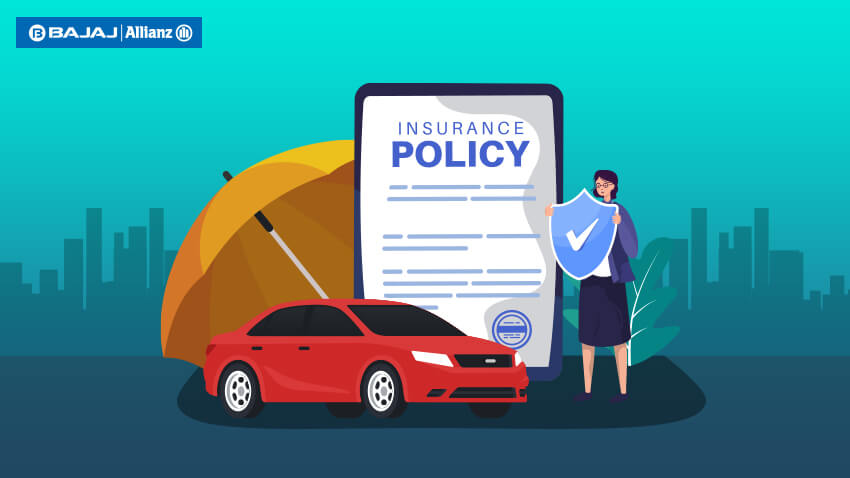To drive a car legally, it requires you have four documents at all times—a driving license, your vehicle’s registration certificate, pollution under control certificate and an insurance policy. While the first three documents are commonly known and complied by all, it is the insurance policy that is either ignored or skipped. The importance of an insurance plan is realized only when you face an accident. Hence, it often gets overlooked.
The Motor Vehicles Act of 1988 lays down the requirement to have a car insurance cover for all registered cars in the country. Thus, having a valid insurance cover is an essential aspect of owing and driving a car. Driving your car without a valid insurance plan is a legal offence and hence, attracts penalties. Moreover, the financial coverage a
four wheeler insurance plan offers is unparalleled and thus must not be skipped. The law dictates third-party car insurance as the bare minimum requirement however, comprehensive plans offer a broader coverage. Thus, the choice of plan is also essential based on your requirements.
What are the consequences of driving a car without a car insurance cover?
Driving a car without a valid car insurance plan has two-fold consequences—one, legal and the other financial. As discussed above, the legal consequences include penalties which the financial consequences include lack of financial cushion when damages occur.
Legal implications of driving an uninsured car:
-
Challans and fines:
- The first legal consequence of not having an active car insurance policy when stopped by a traffic official for inspecting your vehicle document is a challan. The amendment of the Motor Vehicles Act has imposed stricter penalties which states a fine of ₹ 2,000 for first such offence. Every subsequent instance after that will require you to pay a fine of ₹ 4,000.
-
Imprisonment:
- Along with the above fines, the court is also authorized to impose a jail term of 3 months which may be either along with the fine imposed or a in substitution of such fine.
-
Legal liabilities for third-party damages:
- For cases where a third-party is injured due to fault of the insured vehicle, the tribunal imposes fines which in the absence of a car insurance policy will be required to be paid by you. However, if you have at least a third party car insurance policy, such legal liabilities are borne by the insurer. *Standard T&C Apply
Financial implications of driving an uninsured car:
-
Expensive repair costs:
- Car repairs do not come cheap. While cars are inherently expensive, its repairs may burn a hole in your wallet. Hence, using a comprehensive insurance cover, you can ensure these repairs are taken care by the insurance company.
-
Loss of personal accident coverage:
- Having no insurance coverage means you have no protection under a personal accident cover. It is that insurance cover which is mandated by the regulator, Insurance Regulatory and Development Authority of India (IRDAI) for all vehicle owners and protects you, the policyholder in case of an accident-causing injury. Hence, you must ensure consistent car insurance renewal to have continued coverage under a personal accident cover which is a part of the mandatory insurance requirement.
-
Loss of no-claim benefits:
- Not renewing a comprehensive policy within 90 days after the expiry of its coverage will end up losing any no-claim benefits that otherwise may be available to you. This will end up restoring the premium amount to the original what otherwise would have lowered the own-damage premium. Please refer to the official website of IRDAI for more details.
These are some of the consequences of driving an uninsured vehicle. To avoid them, it is advisable to renew your policy in advance to be on the right side of law, as well as ensure a financial shield against damages. Insurance is the subject matter of solicitation. For more details on benefits, exclusions, limitations, terms and conditions, please read sales brochure/policy wording carefully before concluding a sale.
 Service Chat:
Service Chat: 

